
Explaining (what is signified by) the far-sighted blind man, the deaf man who is sharp of hearing, and the naked man with the long skirts. شرح آن کور دوربین و آن کر تیزشنو و آن برهنه دراز دامن
کر امل را دان که مرگ ما شنید مرگ خود نشنید و نقل خود ندید
Know that Hope is the deaf man who has (often) heard of our dying, (but) has not heard of his own death or regarded his own decease.
حرص نابیناست بیند مو بمو عیب خلقان و بگوید کو بکو
The blind man is Greed: he sees other people’s faults, hair by hair, and tells them from street to street,
عیب خود یک ذره چشم کور او مینبیند گرچه هست او عیبجو
(But) his blind eyes do not perceive one mote of his own faults, albeit he is a fault-finder.
عور میترسد که دامانش برند دامن مرد برهنه چون درند
The naked man is afraid that his skirt will be cut off: how should they (any one) cut off the skirt of a naked man?
مرد دنیا مفلس است و ترسناک هیچ او را نیست از دزدانش باک
The worldly man is destitute and terrified: he possesses nothing, (yet) he has dread of thieves.
او برهنه آمد و عریان رود وز غم دزدش جگر خون میشود
Bare he came and naked he goes, and (all the while) his heart is bleeding with anxiety on account of the thief
وقت مرگش که بود صد نوحه بیش خنده آید جانش را زین ترس خویش
At the hour of death when a hundred lamentations are (being made) beside him, his spirit begins to laugh at its own fear.
آن زمان داند غنی کش نیست زر هم ذکی داند که او بد بیهنر
At that moment the rich man knows that he has no gold; the keen-witted man, too, knows that he is devoid of talent.
چون کنار کودکی پر از سفال کو بر آن لرزان بود چون رب مال
(’Tis) like (as when) a child’s lap (is) filled with potsherds, for he (the child) is trembling for them, like the owner of riches.
گر ستانی پارهای گریان شود پاره گر بازش دهی خندان شود
If you take a piece away, he begins to weep; and if you give the piece back to him, he begins to laugh.
چون نباشد طفل را دانش دثار گریه و خندهش ندارد اعتبار
Since the child is not endued with knowledge, his weeping and laughter have no importance.
محتشم چون عاریت را ملک دید پس بر آن مال دروغین میطپید
Inasmuch as the magnate regarded that which is (only) a loan as (his) property, he was quivering (with anxiety) for that false wealth.
خواب میبیند که او را هست مال ترسد از دزدی که برباید جوال
He dreams that he has wealth and is afraid of the thief who may carry off his sack (of gold).
چون ز خوابش بر جهاند گوشکش پس ز ترس خویش تسخر آیدش
When Death pulls his ear and makes him start up from slumber, then he falls to mocking at his fears.
همچنان لرزانی این عالمان که بودشان عقل و علم این جهان
Even such (is) the trembling of these learned scholars who have the intelligence and knowledge of this world.
از پی این عاقلان ذو فنون گفت ایزد در نبی لا یعلمون
On account of these accomplished (and) intelligent men, God said in the Qur’án, They do not know.
هر یکی ترسان ز دزدی کسی خویشتن را علم پندارد بسی
Each (of them) is afraid of some one’s stealing (his time): he fancies that he possesses a great deal of knowledge.
گوید او که روزگارم میبرند خود ندارد روزگار سودمند
He says, “They are wasting my time,” (but) in truth he has no time that is profitable.
گوید از کارم بر آوردند خلق غرق بیکاریست جانش تابه حلق
He says, “The people have taken me away from my work,” (but) his soul is plunged in idleness up to the throat.
عور ترسان که منم دامن کشان چون رهانم دامن از چنگالشان
(Like) the naked man (he) is frightened and says, “I am trailing a (long) skirt: how shall I save my skirt from their clutches?”
صد هزاران فضل داند از علوم جان خود را مینداند آن ظلوم
He knows a hundred thousand superfluous matters connected with the (various) sciences, (but) that unjust man does not know his own soul.
داند او خاصیت هر جوهری در بیان جوهر خود چون خری
He knows the special properties of every substance, (but) in elucidating his own substance (essence) he is (as ignorant) as an ass,
که همیدانم یجوز و لایجوز خود ندانی تو یجوزی یا عجوز
Saying, “I know (what is) permissible and unpermissible.” Thou knowest not whether thou thyself art permissible or (unpermissible as) an old woman.
این روا و آن ناروا دانی ولیک تو روا یا ناروایی بین تو نیک
Thou knowest this licit (thing) and that illicit (thing), but art thou licit or illicit? Consider well!
قیمت هر کاله میدانی که چیست قیمت خود را ندانی احمقیست
Thou knowest what is the value of every article of merchandise; (if) thou knowest not the value of thyself, ’tis folly.
سعدها و نحسها دانستهای ننگری سعدی تو یا ناشستهای
Thou hast become acquainted with the fortunate and inauspicious stars; thou dost not look to see whether thou art fortunate or unwashed (spiritually foul and ill-favoured).
جان جمله علمها اینست این که بدانی من کیم در یوم دین
This, this, is the soul of all the sciences that thou shouldst know who thou shalt be on the Day of Judgement.
آن اصول دین بدانستی ولیک بنگر اندر اصل خود گر هست نیک
Thou art acquainted with the fundamentals (usúl) of the (Mohammedan) Religion, but look upon thine own fundamental (asl) and see whether it is good.
از اصولینت اصول خویش به که بدانی اصل خود ای مرد مه
Thine own fundamentals are better for thee than the two fundamentals (of the Mohammedan Religion), so that thou mayst know thine own fundamental (essential nature), O great man.
Special Offers
by: Reza about (category: Masnavi, Persian Poetry)


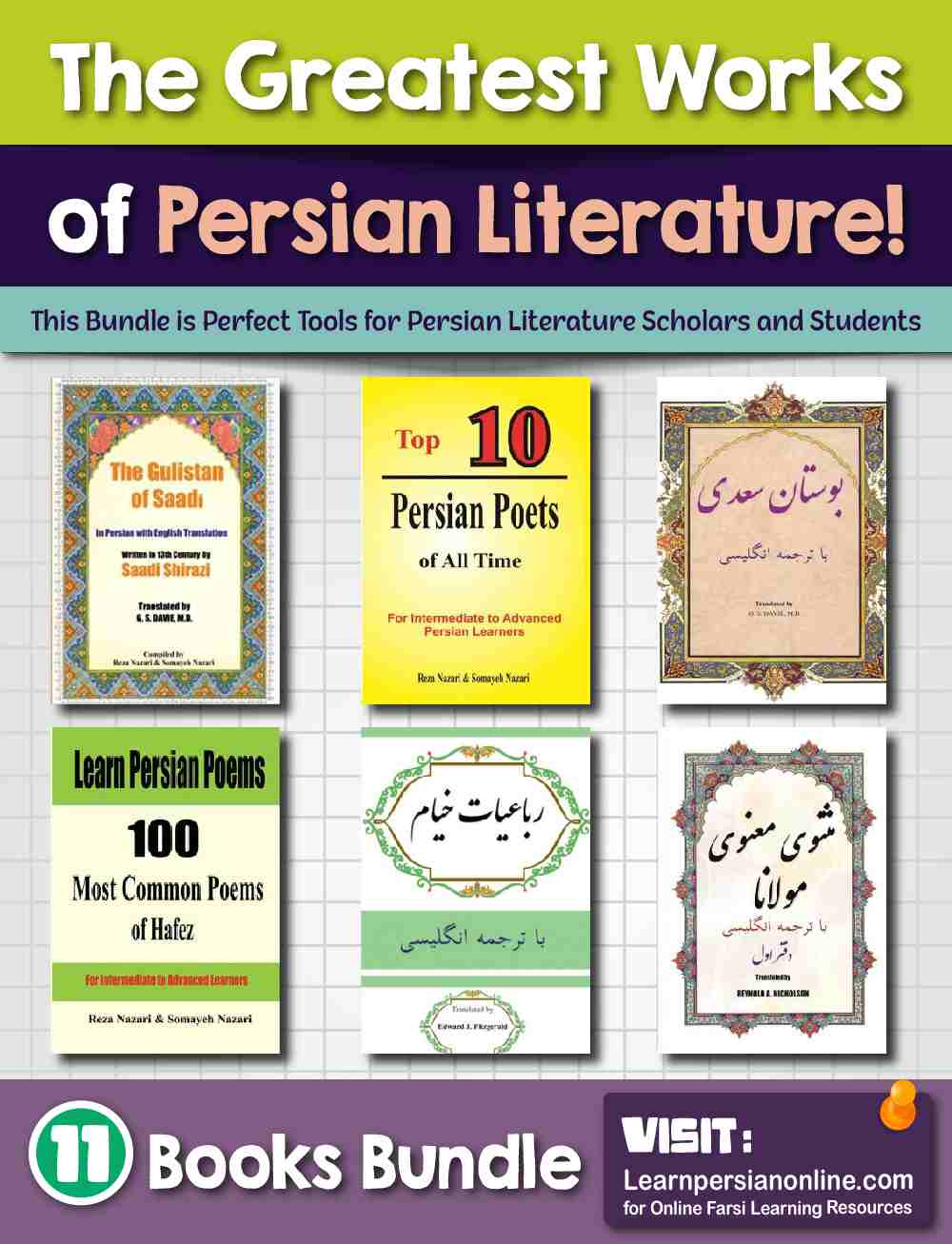
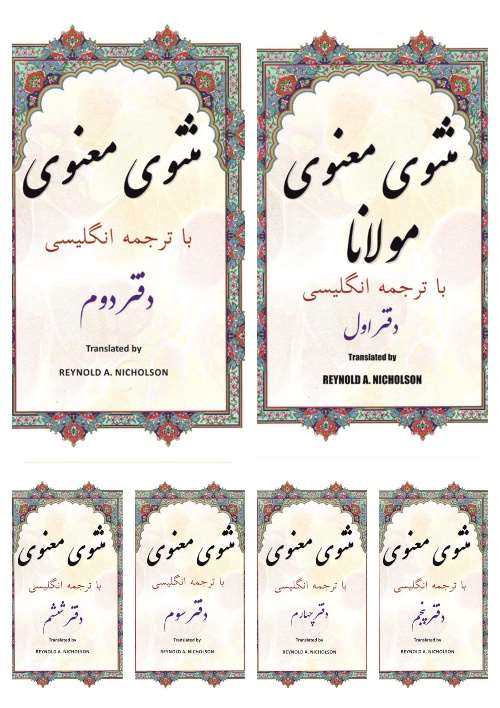
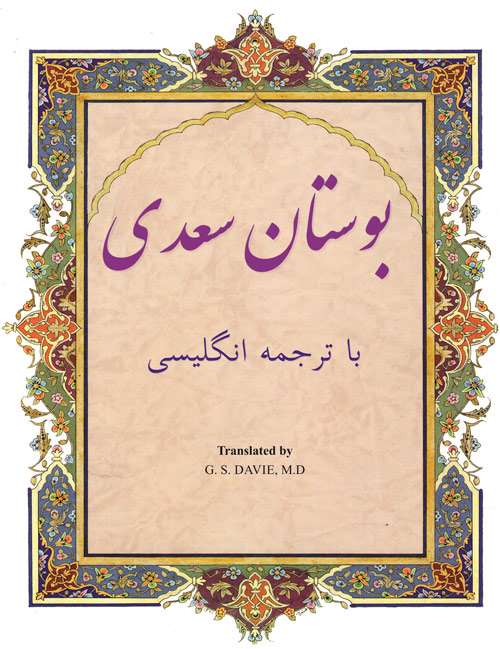
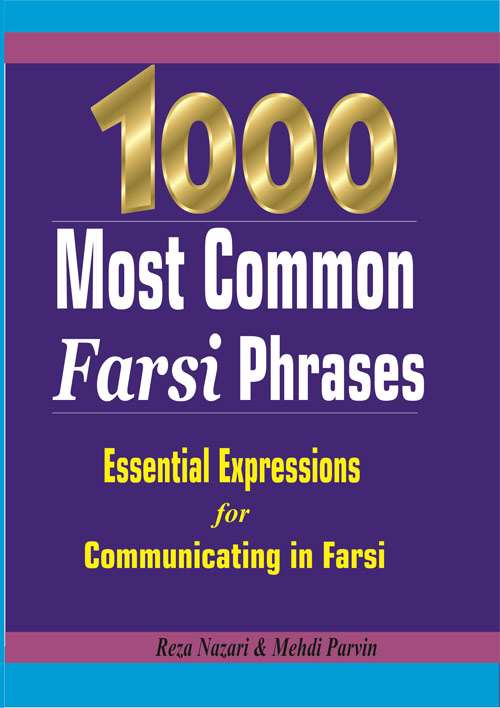
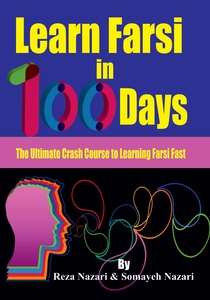






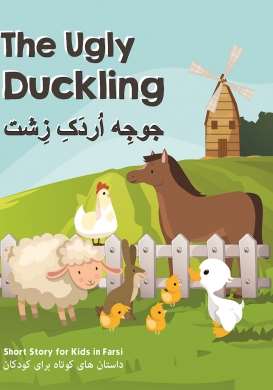
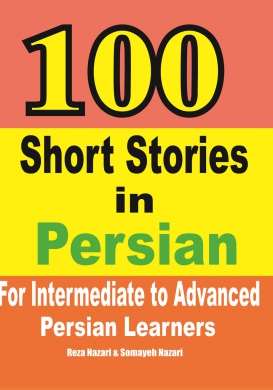
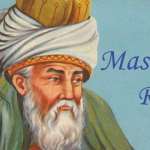
What people say about "Explaining (what is signified by) the far-sighted blind"?
No one replied yet.